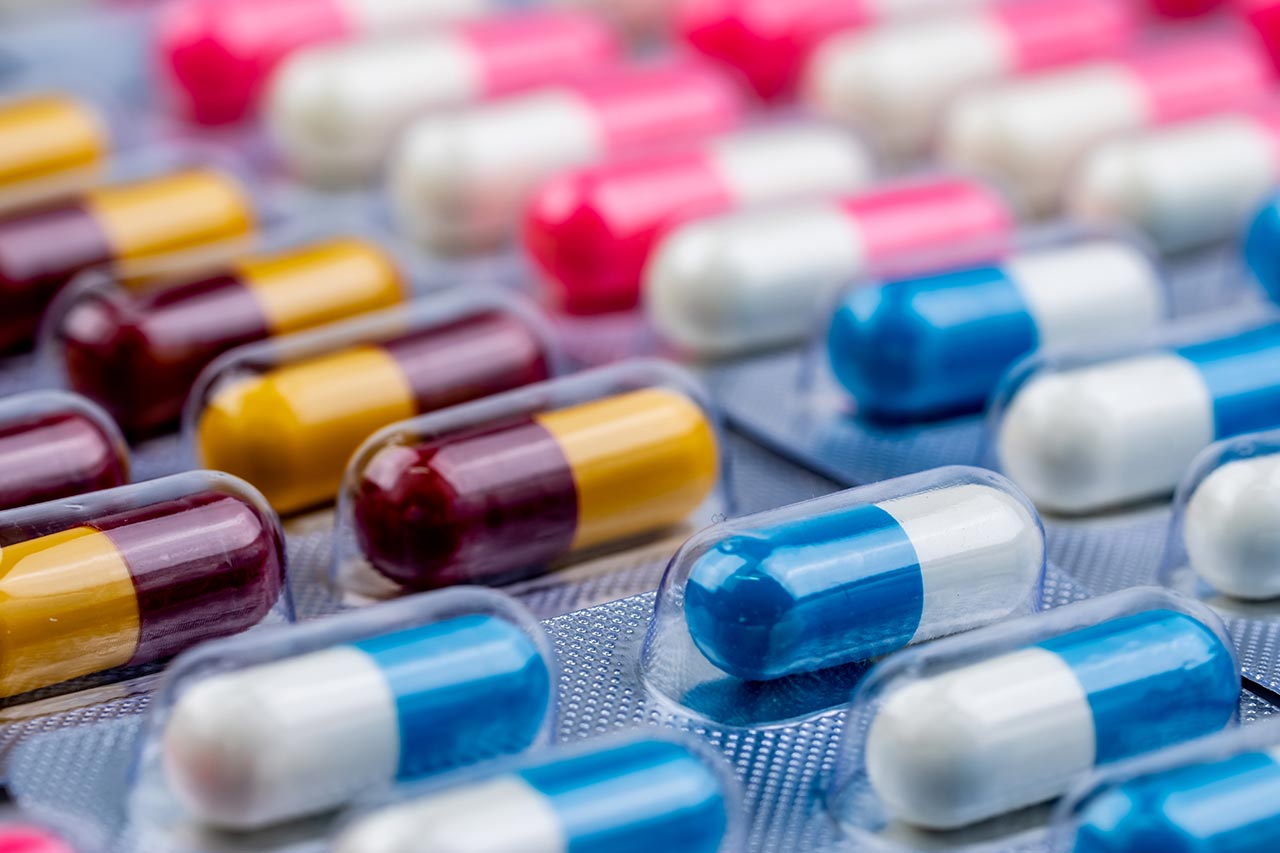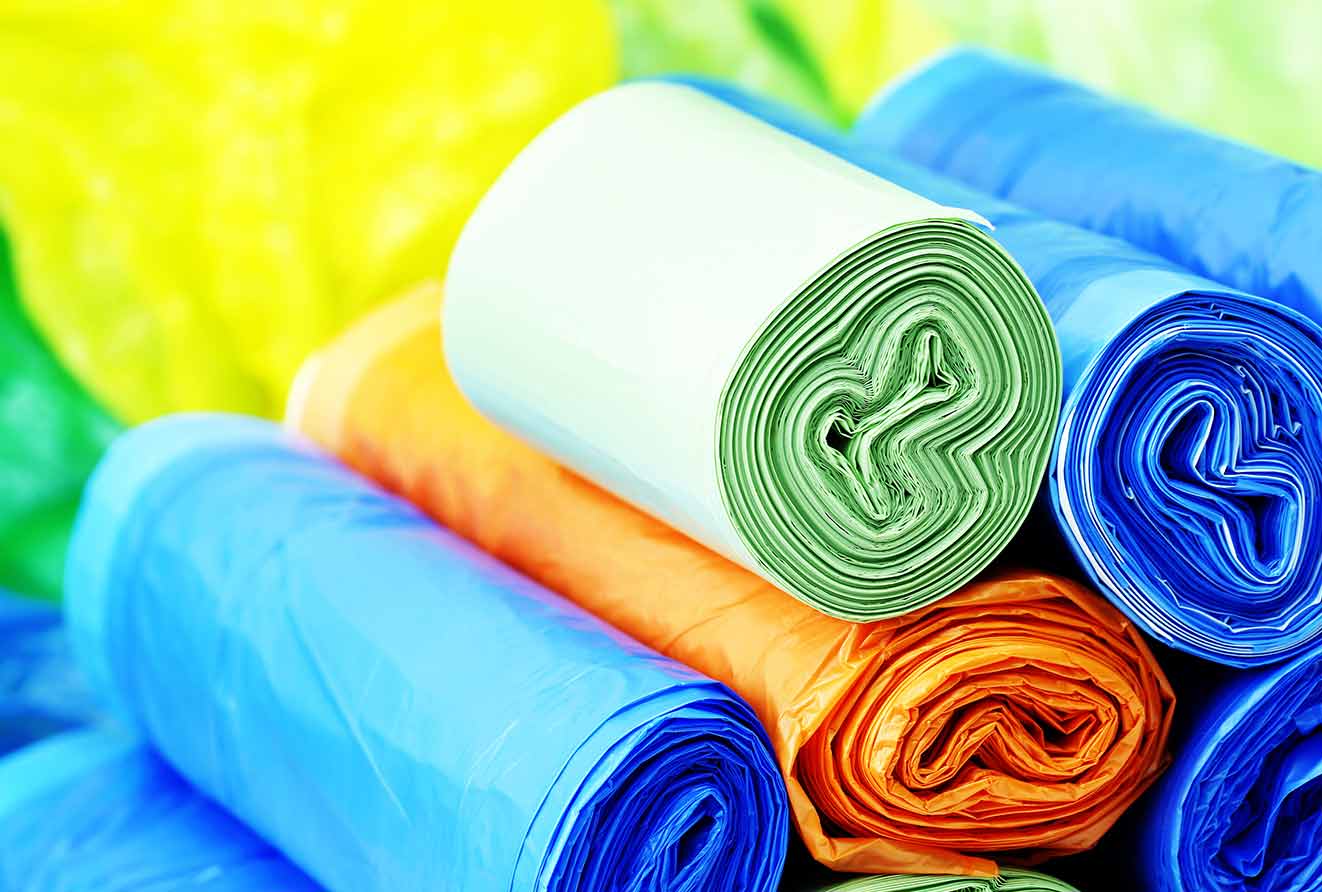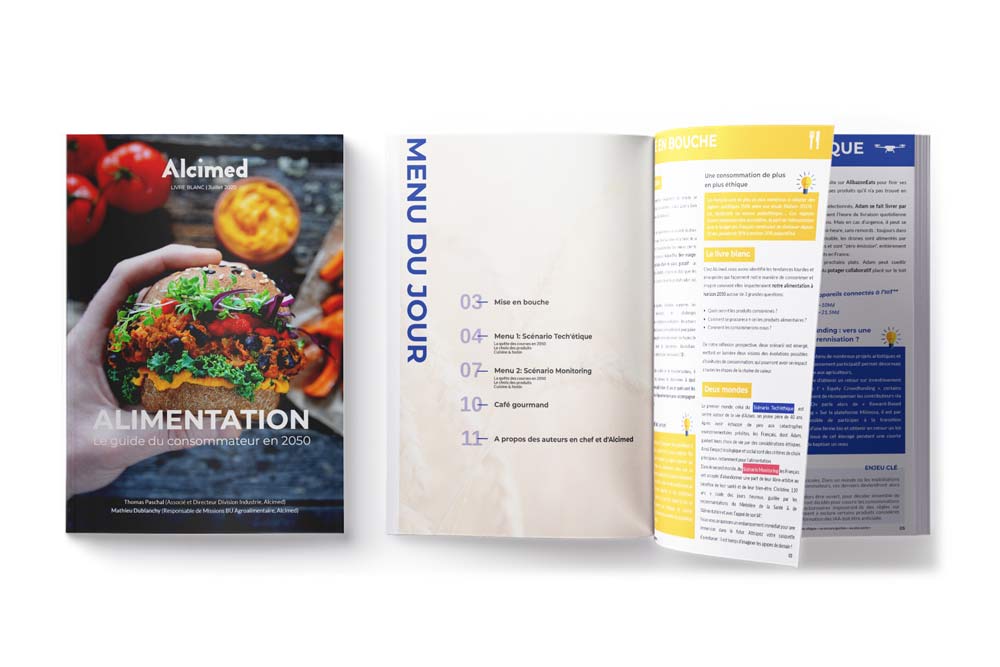Purchasing food and other goods paying attention to their packaging is becoming a common habit for consumers. Sustainable development initiatives to reduce packaging are experiencing an exponential growth in Europe and other countries in the world. In this article, our team has analyzed the major trends of 2020 in sustainable packaging.
Consumers today are more aware of the impact of their choices on the environment and are paying more and more attention to what they buy. They are less likely to make compulsive purchases, and they are now learning before buying, by thinking, reading tests and reviews on the net, and screening labels of the products. As they are becoming more exigent, applications such as Yuka are henceforth a must have. But they do not stop at the product itself: the choice of the packaging is crucial. The keyword during grocery shopping: SUSTAINABLE.
What sustainable packaging solutions are considered?
1. Soft plastic pouch packaging
One option is the soft plastic pouch, which can save from 50% up to 85% of plastic compared to the common bottle. This solution is used for house care and personal care products and it is the main option for big and medium players, such as Procter & Gamble or Werner&Mertz.
The problem with this solution is the recyclability of the pouch. In fact, generally it is NOT recyclable. However, Werner&Mertz is the first player to launch on the market in 2020 the world’s first flexible stand-up pouch 100% recyclable. This pouch is made of a monomaterial (polyethylene) with removable wrap-around label.
2. Plastic bottle 100% recycled and recyclable
More and more brands and large groups, like Unilever, Procter & Gamble or L’Oréal, are engaging in the recyclable container and/or the recycled plastic bottle.
Recent initiatives include Love Beauty and Unilever Planet that have developed colorful packaging with 100% recycled plastic. Another example is Werner&Mertz: from 2016, all their transparent PET containers have been made with 100% recycled and recyclable plastic.
To go even further and tackle the plastic recyclability challenge from the source, the American brand Seed Phytonutrients from L’Oréal have launched water-resistant paper bottles, a recycled and biodegradable packaging (in the United States only).
3. Solid forms
Other players in the house care and personal care sectors are choosing to change formulation of their products and shift to the solid forms, which require less or no packaging. Among these players, there are mainly local, organic, and vegan producers, such as Gaiia or Lamazuna, proposing not only the more common solid shampoo but also solid deodorant and toothpaste. The icon of solid form products in the personal care sector is Lush.
And when it is possible… no packaging at all is the best choice!
To reply to new customers’ needs, today the choice of bulk products, solid and as well as liquid ones, is much broader compared to the past: pasta, cereals, dishwashing liquid, detergent, shampoo, liquid soap, but also cooking oils, wine, beers, and spirits are now available in bulk. Some pilot tests have been performed with yogurt as well.
For the bulk distribution, different manufacturers, mainly small and local ones such as Coslys and CoZie propose their products via a recharging machine, from which consumers can buy the desired quantity of product, using their own container, or a glass container often supplied by the manufacturer, with a deposit-return system. Depending on the product, retailers can be pharmacies, grocery shops specialized in local and organic foods or big retail corporations.
Bulk distribution can be applicable for house care, personal care products and food. However, several challenges still need to be overcome to develop the distribution of bulk products. Hygiene is a hot topic for bulk products, especially for ultra-fresh products. Among other challenges there are traceability, guarantee of the origin of the product (some products with Protected Designation of Origin cannot be sold in bulk to guarantee the origin of the product), distribution, labeling for composition and use instructions.
These are just some examples well covering the 3R of sustainable packaging: Reuse, Recycle and Reduce. Want to explore the possibilities of sustainable packaging? Our team assists you in benchmarking innovative solutions and scouting technologies!
About the authors
Maria, Senior Consultant in Alcimed’s Life Sciences team in France
Alice, Project Manager in Alcimed’s Life Sciences team in Lyon, France



